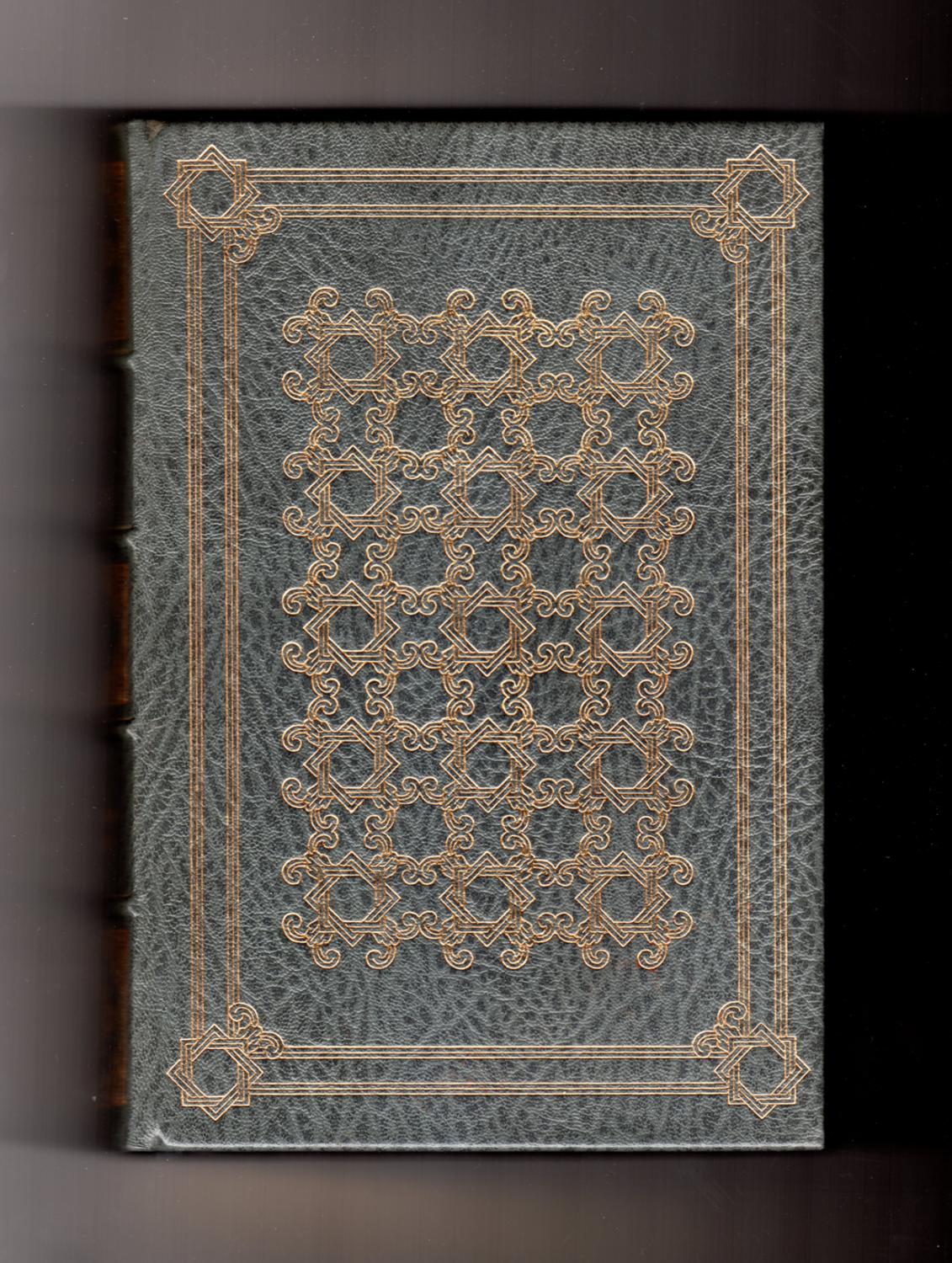
: Jefferson was a ruthless man who wanted to create a new kind of world, dominated by independent farmers each living on his own rich land, supported by slaves. : had the fortunate gift of believing implicitly anything he himself said at the moment he said it. When word came for her son's "victory" at Trenton, the virago was quoted as saying, "here is too much flattery." Later in the war, we were all startled and amused when his mother put it about that son George had robbed her of everything and so, being destitute, she was forced to apply to the Virginia Assembly for a pension. Although Washington was always short of money, he lived grandly. For a large, rather ungainly man (he had the hips, buttocks and bosom of a woman), Washington could move with brutal swiftness. Towards the end of July, I was watching a ragged company of New Yorkers at drill when General Washington approached.Īs Washington returned my salute I looked up into his face: the yellow pock-marked skin was lightly covered with powder the gray eyes sunk in cavernous sockets were lusterless the expression was grave but somewhat vacant. That is why he is such an effective journalist. Leggett feels that to be excitingly right in general is better than to be dully accurate in particular. Now he is a power in Yet he is plainly dying: a once solid frame shattered first by yellow fever in the navy, then consumption. At the court-martial he insulted his commanding officer with a tirade of quotations from Shakespeare. The curtain-raiser to Leggett's continuing drama occurred when he was cashiered from the navy for fighting a duel. As a journalist he has taken all politics and literature for his field, and is famous. Leggett gave a long wheeze, to dignify disgust. The two most notorious people in New York have got married." Madame Jumel is not a whore but a respectable and rich widow no matter what she might have been years ago. I was obliged to defend.Colonel "Aaron Burr is not a traitor, as far as we know. We are not interested in a retired whore's wedding to a traitor." Biddle's bank, in promoting free trade, in the gradual abolition of slavery, in workers' unions. "Too long?" I had a straightforward two-page description of wedding.


Leggett looked at me with-well, amused scorn, as the English novelists say. In the novel, observations of the protagonist, Charles "Charlie" Schuyler, a young man apprenticing in Aaron Burr's New York law office, are combined with passages from Aaron Burr's memoirs, fictionalized by Vidal, which focus heavily on Burr's fellow Revolutionary War heroes and the Founding Fathers. From Burr, by Gore Vidal, 1973. ( Novel 1 in the 7-novel "Narratives of Empire" series, named the American Chronicle(s) series by Vidal's publisher.)īurr begins in 1833, New York City.


 0 kommentar(er)
0 kommentar(er)
